
Residency and The Match
Starting early and allowing yourself time to explore specialties during your first three years of school will put you in strong position to apply and match into the field that best suits you.
Megan Riddle
Updated June 27, 2022 by Megan Riddle

Pre-Medical
Answers to frequently asked questions about MD-PhD programs for those considering pursuing a dual degree.
Megan Riddle
Updated June 27, 2022 by Megan Riddle
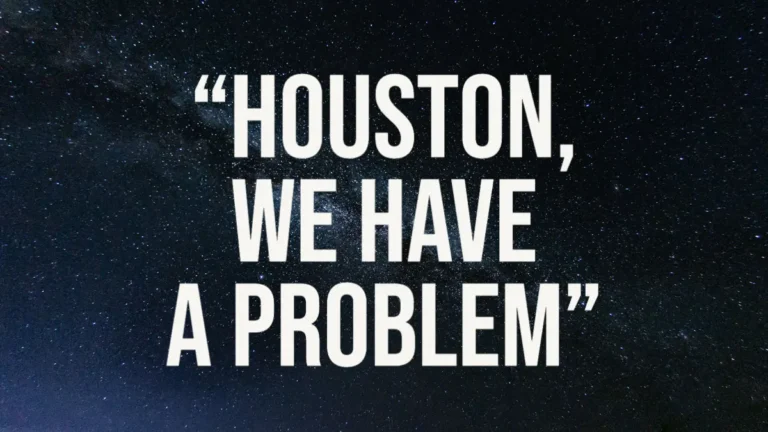
Pre-Medical
Drawing on the wisdom of those who have gone before you can help you avoid career-hindering mistakes.
Michelle Finkel
Updated June 27, 2022 by Michelle Finkel

Medical School
Confidential help is available for the upwards of 1 in 4 medical students who meet the criteria for depression.
Megan Riddle
Updated June 27, 2022 by Megan Riddle
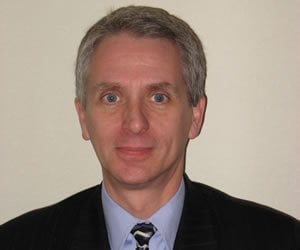
Physician Q&A
Marc F. Stern shares his thoughts on the field of correctional health care and offers some advice for students
Juliet Farmer
Updated June 27, 2022 by Juliet Farmer
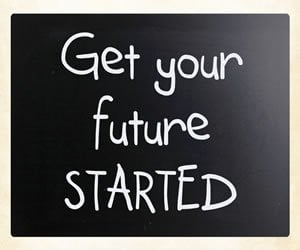
Pre-Medical
The AAMC offers advice to give you a head start on the medical school application process.
AAMC Staff
Updated June 27, 2022 by AAMC Staff

Medical School
Learning in medical school is different than learning in undergrad. Here are some tips to help you make the transition.
Sean Alemi, MD
Updated June 27, 2022 by Sean Alemi, MD

Pre-Medical
Here are six things that will prevent you from getting into medical school.
Benjamin Wright
Updated June 27, 2022 by Benjamin Wright

Medical School
Some advice to help you be both a professional student and the best parent you can be.
Jasmine Johnson
Updated August 23, 2022 by Jasmine Johnson

Pre-Dental
Knowing some typical interview formats and the expectations of your interviewer can help put your mind at ease while pursuing acceptance into dental school.
Brian A. Brodine
Updated June 27, 2022 by Brian A. Brodine

Pre-Health
Tips on how to meet and build relationships with people who can advance your education and career.
Megan Riddle
Updated June 27, 2022 by Megan Riddle
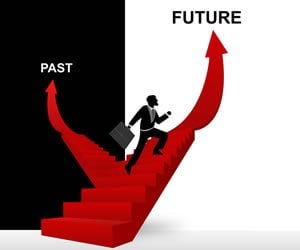
Pre-Medical
Start your post-undergrad life on the right foot with these tips from the AAMC, whether you are starting school right away or taking a gap year.
AAMC Staff
Updated June 27, 2022 by AAMC Staff
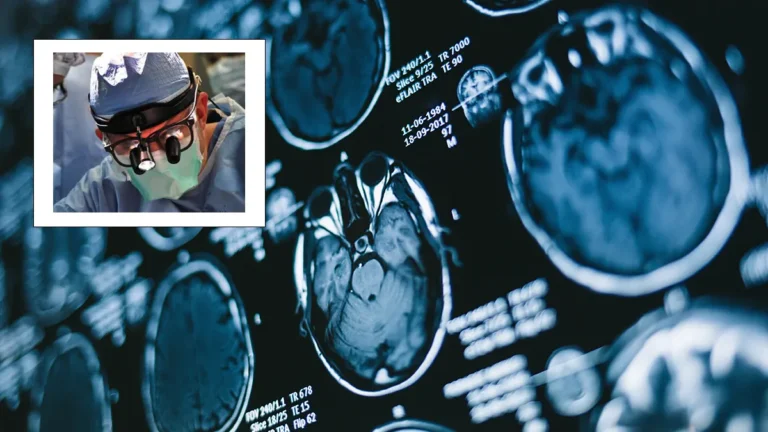
Physician Q&A
Brian Walcott shares his thoughts on neurosurgery and research and offers some advice for students.
Student Doctor Network
Updated July 22, 2022 by Student Doctor Network
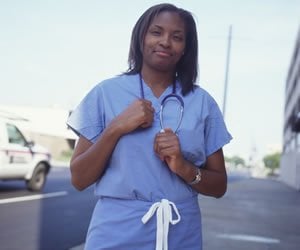
Healthcare News and Policy
The National Health Service Corps creates a win-win for doctors and underserved communities by financing medical education and bringing health care to those who need it most.
Christina Crisologo
Updated August 16, 2022 by Christina Crisologo
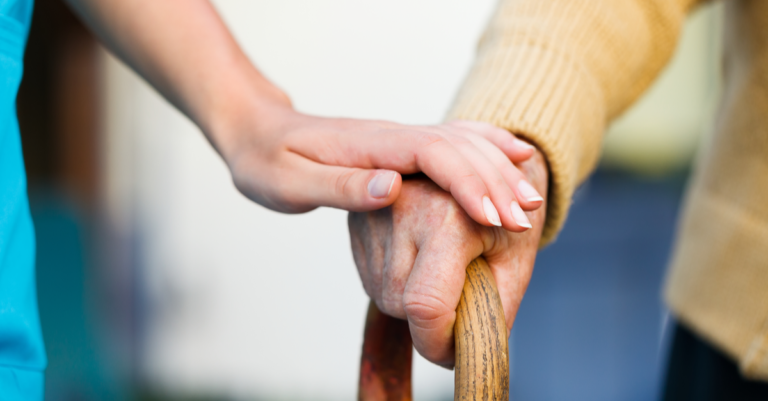
Medical
Your actions as a physician have a tremendous impact on your patients.
Mary Calhoun
Updated March 15, 2019 by Mary Calhoun
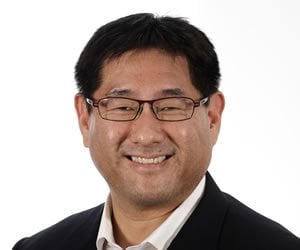
Psychologist and MSW Q&A
David Matsumoto shares his thoughts on the field of psychology and offers some advice for students.
Juliet Farmer
Updated June 27, 2022 by Juliet Farmer
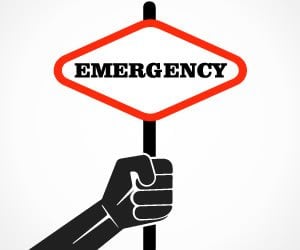
Residency and The Match
The high rate of emergency physician burnout indicates that students matching to emergency residencies don't know what they're getting into.
Michelle Finkel
Updated June 27, 2022 by Michelle Finkel
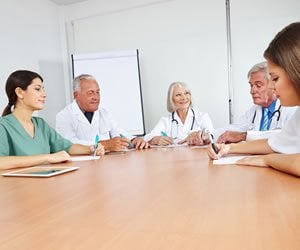
Medical
A look at the pros and cons of choosing an academic career over a clinical medical career.
John F. Hunt, MD
Updated March 15, 2019 by John F. Hunt, MD

Medical School
Advice from a fourth year medical student on how to live and study well in medical school.
Megan Riddle
Updated June 27, 2022 by Megan Riddle


















